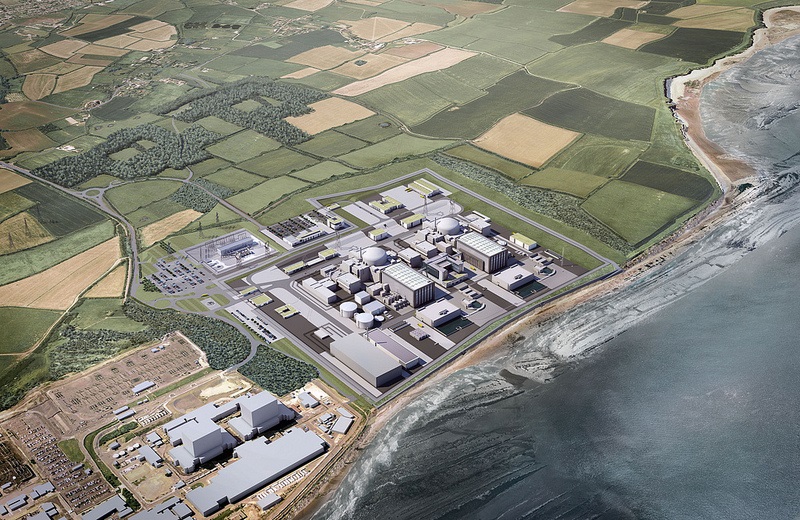The Public Accounts Committee (PAC) has this morning slammed the government over its handling of the Hinkley Point C contract, identifying a catalogue of errors that it said could see consumers footing the bill.
The committee, which scrutinises government expenditure, this morning published its assessment of how the Department for Business, Energy and Industrial Strategy (BEIS), its predecessors and HM Treasury (HMT) have facilitated what stands to be the UK’s first new nuclear power station in more than two decades.
It slams the government’s handling of the affair, concluding six key failures including;
- A lack of a plan to secure wider benefits of the project, including jobs, skill creation and opportunities for UK businesses;
- No apparent consumer protections for what the project may add to household bills;
- A failure to recognise the weakening case for Hinkley Point C – and nuclear power in general – during lengthy negotiations with EDF;
- Failures from both BEIS and HMT to assess alternative financing deals which could have delivered better value for money;
- Continued uncertainty over the project’s completion, and;
- Concern over BEIS’ ability to identify delays given government’s “poor track record” on contract management.
The committee says it is concerned that consumers are now locked into an expensive, 35-year deal which could add to energy bills unnecessarily and has reserved particular criticism for the government’s failure to renegotiate the contact despite estimated costs rising five-fold during that time.
Government now expects top-up payments to cost consumers as much as £30 billion over the 35 years – as opposed to the originally-forecast £6 billion – adding as much as £15 to the average household bill until 2030.
Established renewable technologies, particularly solar and onshore wind, have found their support frameworks cut over the past two years at least in part down to the cost of green subsidies on consumer bills.
It is not the first time a government body has questioned the costs associated with new nuclear. Earlier this year the National Audit Office derided the government over its “risky” and “high cost” pursuit of Hinkley.
The committee has subsequently issued a series of recommendations for BEIS to consider, including the need for a plan to realise wider strategic benefits of Hinkley – and proof of them being realised, demonstrations from BEIS and HMT regarding the cost and risk implications of alternative finance structures for infrastructure projects and the establishment of a ‘Plan B’ before the end of this year that can be put into place should the project fall further behind schedule.
It has also requested an independent and transparent assessment of the impacts of the contract on consumers to be published by March 2018 and a re-evaluation of the government’s strategic case for supporting nuclear power.
The PAC has called for this re-evaluation to be published before any further deals for nuclear power stations are agreed.
Meg Hillier MP, chair of the PAC, said that bill payers had been “dealt a bad hand” by the government over the Hinkley agreement.
“Its blinkered determination to agree the Hinkley deal, regardless of changing circumstances, means that for years to come energy consumers will face costs running to many times the original estimate.
“The government made some grave strategic errors here and must now explain what it will do to ensure these are not repeated.
“But more than that, it must deliver the supposed wider benefits of this project—benefits government has talked up progressively as the case for Hinkley Point C has weakened, but which it has no plan to secure,” she said.
Green groups have also responded strongly to the report’s findings. Hannah Martin, head of energy and Greenpeace UK, said the project made “absolutely no financial sense” against the context of significantly reduced offshore wind costs.
“It’s time for the government to see sense and re-think this uneconomic and unnecessary project. Today’s school leavers will still be paying for this as they approach pension age and all polling evidence suggests they would much rather the Conservative government back renewables. The government must protect bill-payers – and with a mixture of affordable wind and solar power along with battery storage and interconnectors with the continent, there should be nothing stopping them,” she said.






